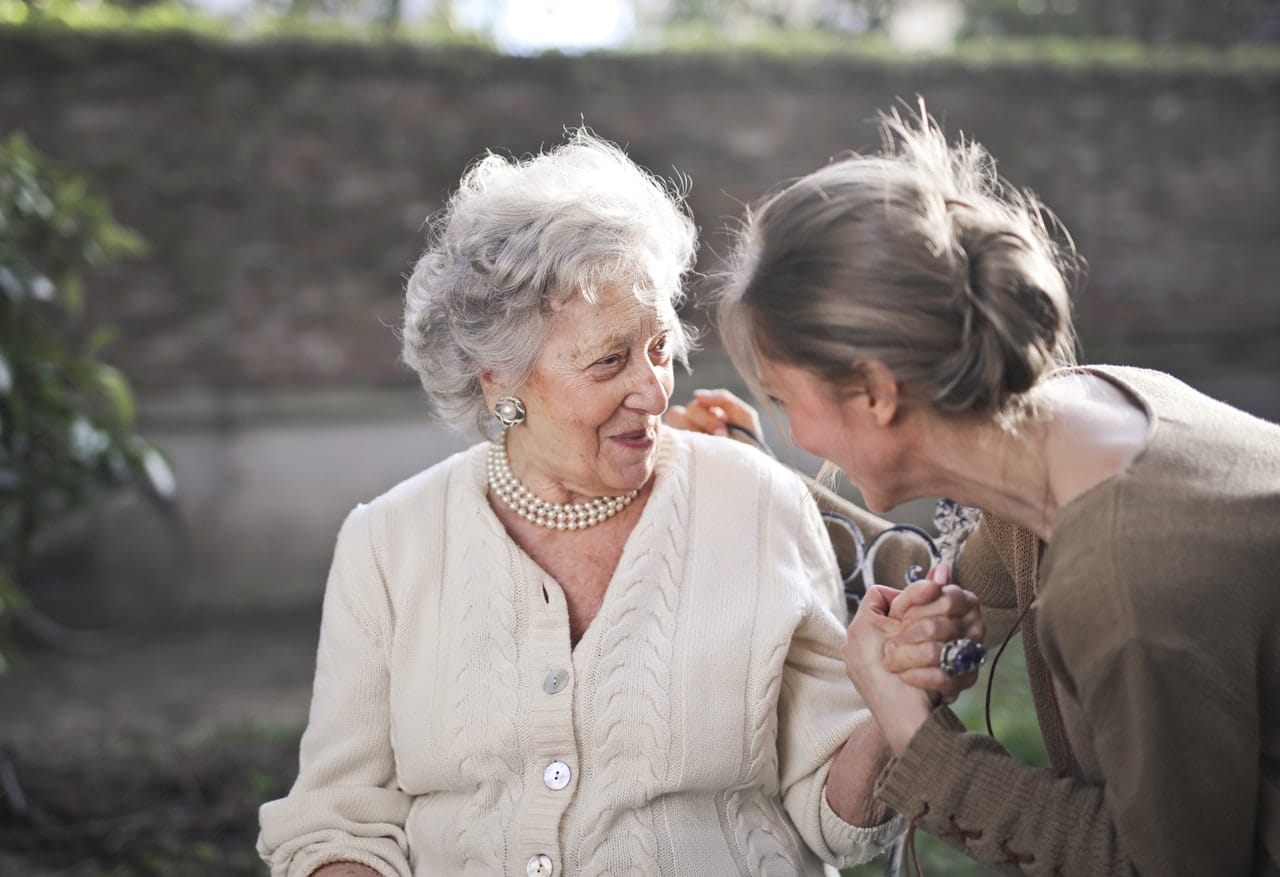Research has shown that the average life expectancy for individuals is continuing to rise. Although many people can expect to celebrate more birthdays than their predecessors, this does not mean all individuals will be healthy. Elderly people are more likely to experience medical issues like hearing loss and compromised immune systems. Many also have mobility issues and will suffer from memory loss or mental health issues in their lifetimes.
There are a few specific things you can do to reduce your risk of health issues as you age. With some preparation and lifestyle adjustments, your golden years can be both meaningful and healthful.
IMAGE: PEXELS
1. Change Your Environment
As you age, you are more likely to have balance issues and even a shortfall can be serious. In preparation, you can downsize and move into a home that has all rooms on one floor to remove the need for stairs. Bringing in help like that provided by handicap remodeling contractors NJ to modify your environment can be absolutely life-changing. Install hand railings to ensure you have extra support to walk safely.
Modified bathtubs can be installed to help prevent the need for you to lift your leg over the side. Other common home modifications include replacing flooring with slip-resistant materials to prevent falls, widening doorways, and replacing doorknobs with lever-style handles. If you opt to stay in a home with multiple floors you can also choose to install a chair lift. All of these small changes will make your home much safer for you as you age.
2. Manage Sensory Issues
Elderly individuals are more likely to have vision and hearing issues. Reduce the risk of these issues by maintaining your vision and hearing health from a young age. See your optometrist and audiologist regularly and follow their directions to protect your vision and hearing.
Reduce the risk of vision issues by exercising regularly, maintaining a healthy diet, and avoiding prolonged exposure to sunlight without protection. Those that smoke should quit smoking and limit their exposure to second-hand smoke. Avoid loud sounds to protect your hearing, and as you age to ensure that you have hearing aids prescribed and fitted to help compensate for any hearing loss you may experience.
3. Maintain Social Connections
Mourning the death of friends and family is just one of the factors that cause elderly people to suffer from depression. Elderly people are also more likely to feel isolated. Risks of falls weakened immune systems, and sensory issues can make you more likely to stay home where you feel comfortable and safe, which can lead to increased feelings of loneliness. Hiring professionals like a personal care aide who can take you to medical appointments, social gatherings, or shopping trips is a great idea.
Making plans to see friends and family as much as possible and having your grandchildren teach you how to use Skype or FaceTime to stay in touch with the important people in your life can help combat feelings of isolation and loneliness and prevent depression.
4. Eat Well
Many elderly people have a poor diet. Eating fruits and vegetables will ensure you are consuming enough fiber and can help boost your immune system. It is important to get enough vitamin D to retain your bone strength, as this can help prevent serious injuries from falls. Vitamin D can help prevent periodontal disease. In most cases, you can modify your diet to adjust for age-related dietary needs.
In addition to increased amounts of vitamin D, the elderly also need more calcium, which also helps with bone strength. Eating yogurt and drinking milk are great ways to increase calcium intake. You should also increase your intake of vitamin B12 as you age.
5. Stay Positive And Active
A negative outlook can compromise your quality of life. Practice expressing thankfulness for your life, family, and friends. Elderly individuals with a positive outlook are more likely to recover from illnesses and injuries. Stay active by practicing yoga and incorporate stretches into your daily routine. Swimming is another low-impact activity that does not strain muscles and joints.
Regular physical exercise will help you prevent loss of muscle, which is directly linked to loss of balance and issues with your gait. Staying active can help improve your mobility and reduce your need for assistive devices, which will enable you to enjoy your golden years while still doing the things you love.
If you are interested in even more lifestyle-related articles and information from us here at Bit Rebels, then we have a lot to choose from.


COMMENTS